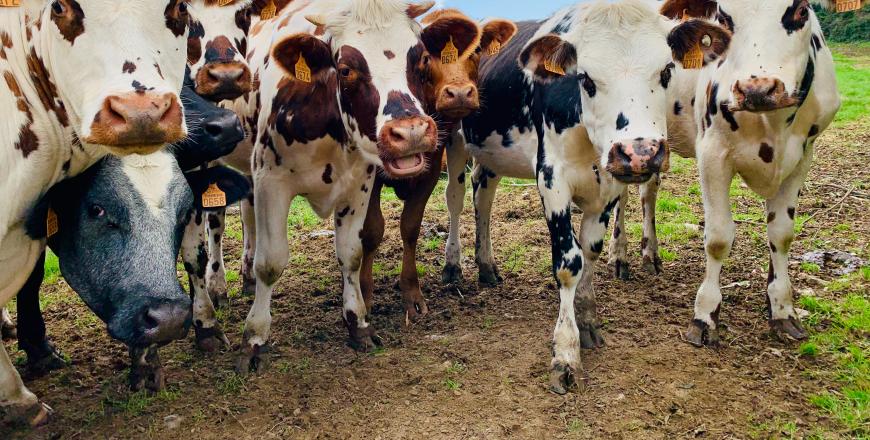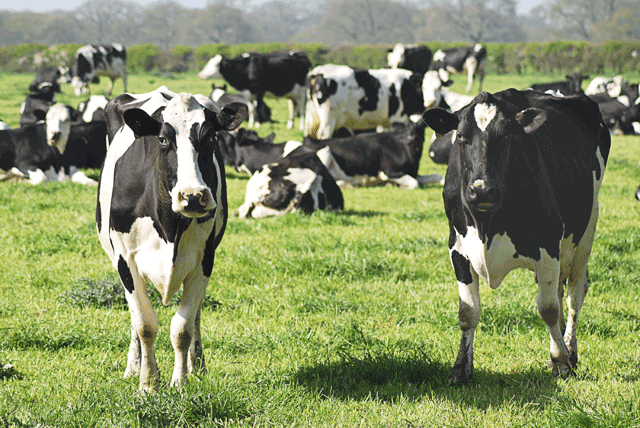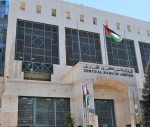You are here
Losses from FMD-affected cattle around JD25m, says stakeholder
By Maria Weldali - Feb 06,2023 - Last updated at Feb 06,2023

Representative image (Photo courtesy of unsplash)
AMMAN — Around 90 per cent of cattle in farms in the Al Dhuleil and Al Hallabat areas are infected with foot-and-mouth disease (FMD), causing revenue losses of around JD25 million, said Chairman of the Dairy Cattle Cooperative Laith Al Hajj on Monday.
The infected farms in the Al Dhuleil and Al Hallabat districts, located between 10 and 15 kilometres apart from one another, have the largest cow herds in Jordan. FMD is a highly transmissible, airborne virus with an infection radius of up to 40 kilometres, Al Hajj told The Jordan Times in an interview.
“Until now, around 1,850 cows have died of FMD. The cost of a cow is currently between JD2400-JD2500,” Al Hajj said.
Infected dairy cows, which produce 25 litres of milk, worth JD12 per day, are now exhibiting rapidly decreasing milk yield, he added.
The economic burdens brought by FMD also include medical expenses and laboratory testing costs, according to Al Hajj.
“FMD is a viral livestock disease with serious economic consequences and constraints,” said deputy head of the Jordanian Veterinary Association (JVA), Ghadanfar Abu Zneid.
In this regard, the Greater Amman Municipality (GAM) has intensified its inspections of butcher shops, other meat and poultry stores and markets, in addition to announcing the closure of its slaughterhouse in the Al Madounah area following the Agriculture Ministry’s closure of all livestock markets in the country.
A GAM statement made available to The Jordan Times on Monday stated that “GAM is taking all necessary precautions to limit the spread of any diseases”.
The Ministry of Agriculture, in its latest remarks with respect to FMD, said that the SAT2 serotype, or viral variation, was found. This variation was not previously registered in the Kingdom.
The SAT2 serotype is prevalent in Africa, and has been registered in Iraq, Saudi Arabia, Kuwait and Ethiopia. Based on its findings, the ministry has contacted all relevant authorities to create checkpoints among the governorates to prevent the relocation of infected animals. The ministry has also temporarily suspended the import of rough feed from Iraq.
Related Articles
AMMAN — Minister of Agriculture Khalid Hneifat announced that the vaccine for the SAT2 variant of foot-and-mouth disease (FMD), which was re
AMMAN — The Ministry of Agriculture on Sunday decided to temporarily suspend imports of rough fodder from Iraq.The ministry also announced t
AMMAN — The Ministry of Agriculture on Tuesday announced that it has received 62,700 vaccines for the SAT2 foot-and-mouth disease (FMD).Acco















